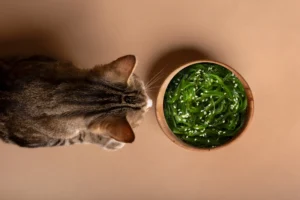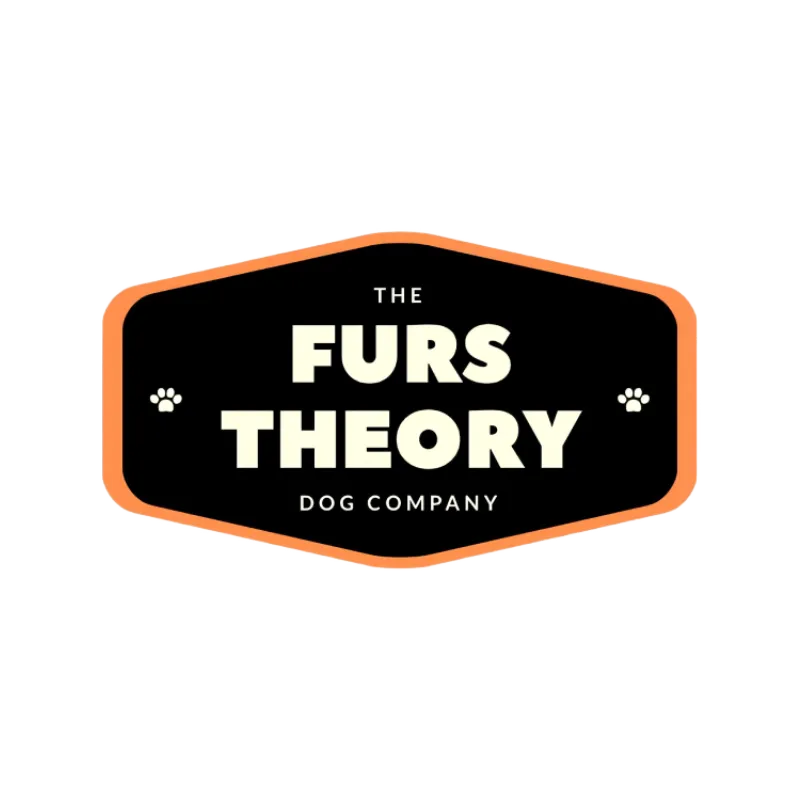When our furkids experience a general ailment, our first response is probably to Google it, reach for the nearest ointment or treatment we have at home and then only call the vet.
As fur-parents ourselves, we understand the sense of need and urgency to solve our furkids’ issues asap. However, sometimes the ointments and topical treatments we have in our medicine cabinet may cause more harm than good to our furkids.
Hence, here are 10 common topical treatments we use and whether they’re pet-safe.
1. Analgesics
We’ve all got a bottle or two of these analgesics lying around the house for muscle pain relief. These over-the-counter pain creams are also known as non-steroidal anti-inflammatories (NSAIDs) and include drugs such as ibuprofen and naproxen.
While they may help us feel better, they also contain common ingredients that are toxic to pets such as:
- Camphor: A mildly toxic ingredient that’s found in products such as Bengay, Carmex, Tiger Balm, Vicks VapoRub, Campho-Phenique and other arthritis pain cream.
- Salicylates: An ingredient found in most pain-relief creams as it’s basically aspirin. Both dogs and cats are moderately to severely sensitive to this active ingredient found in Aspercreme, Bengay, HEET, Icy Hot and wintergreen oil.
Exposure to these ingredients can cause everything from decreased appetite and vomiting (signs of substance toxicity) to stomach ulcers and kidney failure in pets.
2. Antibiotic ointment
Commonly used by humans for minor cuts or scrapes, this would be a personal care product that may be shared with our furkids with similar types of injuries. Some examples of this ointment would be Bepanthen First Aid Cream, Neosporin Original Ointment or Dermacyn WoundCare Hydrogel.
This type of ointment may not likely be toxic but some triple antibiotic ointment may contain oils that could cause vomiting or diarrhea. Here’s what should not be included in the ointment’s ingredients:
- Any of or all 3 antibiotic agents: Bacitracin, Neomycin and Polymyxin B
- No steroids: It could cause delay in tissue healing and cause endocrine disorders as well as increase in thirst and urination
- No pain relievers: Unless prescribed by your vet as these ingredients can cause your pet to get sick
Hence, these should be used with caution and vigilance. Make sure to clean your pet’s wound before applying the ointment and keep an eye on your pet for 10-15 minutes after application. This is to allow the medication to be absorbed and for you to catch any signs of poisoning if any. You should also keep the wound covered to prevent your pet from licking off the ointment.
3. Anti-fungal sprays, gels, and creams
Fungal infections, both humans and pets are a little more complicated to be successfully treated with over-the-counter products. Reasons being there are a myriad of fungi that could be creating that flamed spot on the skin. The usage of the wrong anti-fungal cream could be ineffective or cause the condition to worsen.
It’s best to have a vet take a look at the fungal infection and prescribe a suitable treatment. However, in times of desperation you may use them until you can get your dog to a vet.
Do remember that fungal infections can be transmitted from pets to humans so it’s really important to get them treated quickly and effectively as well!
4. Calamine Lotion
It’s soothing for our itchy skin due to bug bites or a case of rashes but it’s poisonous to our pets.
Calamine lotion, sunscreen and diaper rash formulas typically contain Zinc Oxide which can be particularly damaging to a dogs intestines if ingested and absorbed into the bloodstream.
Signs that your dog’s intestines have been injured include vomiting and diarrhea. This follows through with the damage of red blood cells once it’s absorbed into the bloodstream leading to anemia, pale or yellow mucous membranes, weakness, rapid breathing, and abnormally dark urine.
5. Dettol
This is another harmful common household substance used to disinfect spaces and wounds. The active ingredient that makes Dettol an effective household disinfectant is called phenol chloroxylenol. While it acts to kill germs and reduces inflammation, it’s very much toxic to pets, especially cats as felines are unable to eliminate toxins after ingestion.
Signs of poisoning include increased thirst, vomiting, diarrhoea, coughing, sneezing, difficulty breathing, tremors, incoordination, seizures, excitability, depression, and/or coma.
Although we may not be using them directly to treat our furkids wounds, we should also exercise precaution and not let them walk over a freshly disinfected wet floor. This is because they may end up ingesting the substance when they lick and groom their paws.
6. Head and Shoulders shampoo
Yes, you read that right. We generally advise against using human products on our pets but groomers swear by the shampoo and use it to treat flaky canine skin issues. This shampoo’s formula contains 1% of zinc pyrithione (ZPT) which is a very low dosage that’s safe for your doggo.
That being said, this shampoo should only be used in moderation and not as a regular shampoo as their skin’s composition is different from ours. Ideally you should also get your vet’s green light on this or use a pet friendly ZPT-based shampoo in your pet.
7. Hydrogen Peroxide
This substance would be a strong no as it actually slows down the healing speed of the wound. The bubbling you see when you add hydrogen peroxide to a scrape, bite or wound is a sign that this disinfectant is killing off fibroblasts—the cells that are crucial to proper wound healing.
The longer the wound stays unhealed, the higher the chances of it getting infected and becoming a worse injury for your furkid.
Two safer alternatives would be Chlorhexidine diacetate and Povidone iodine that’s been diluted. Here’s an easy-to-use dilution calculator to help you get the right dilution ratios.
8. Insect repellant
Living in a country with a tropical climate, mosquitos are one of the top worries for fur parents as they could be carrying deadly diseases like the parvovirus. However, popular mosquito and fly repellents contain diethyltoluamide (DEET) which can be toxic for pets in high concentrations.
Some signs of toxicity from high exposure to DEET include:
- Ataxia, disorientation, tremors, and seizures.
- Conjunctivitis, blepharospasm, squinting, tearing, lethargy, scleritis, and corneal ulcers.
- Airway inflammation and difficulty breathing.
- Gastrointestinal issues, such as vomiting, diarrhea, and inappetence
Hence, a safer alternative would be to use products containing picaridin that disrupts the insect’s sense of smell or permethrin that targets the nervous system of pesky parasites to paralyse them.
9. Vaseline or Moisturisers
Vaseline being a petroleum based jelly is technically non-toxic for dogs but may cause a tummy upset and diarrhea when they’ve licked off too much of it. Plus, besides giving the feeling of soothing an itch, there’s no strong proof that the jelly actually helps the skin to heal.
Moisturisers on the other hand are not ideal for pet usage because the different ingredients such as fragrances, chemicals and additives may harm your dog when they ingest it after licking it off their body. Some harmful ingredients that may be present in moisturisers for humans include:
- Zinc oxide which is commonly found in sunscreen or diaper rash cream
- Diclofenac which is used to treat joint pain
- Calcipotriene which is used to treat psoriasis
- Hydrocortisone which is used on its own or in calamine lotion
- Lidocaine which is used as a numbing agent
Luckily, there are plenty of pet-friendly alternatives such as pure shea butter, extra virgin olive oil and coconut oil.
10. Vicks Vapor Rub
An all-time favourite in Asian households, this ointment contains essential oils that are harmful to our pets such as camphor and eucalyptus. Prolonged or over inhalation of these could potentially cause gastrointestinal upset, central nervous system depression, respiratory irritation or even pneumonia.
-//-
In a nutshell, although sharing is caring, it’s still advisable to not use human products on our furkids. Even if it isn’t directly irritating their skin, these curious beings may end up ingesting these substances by licking them off their noses, paws or body.
Hence it’s best to get medication from your vet or from a pet shop so that you’re using products that won’t make your furkids’ ailments worse or cause other health issues.
Petchef cooks with clean meat and top shelf vegetables, we don't even add rice to our meals, giving your pet the nutrition to keep them healthy and living long. Give it a try today:











